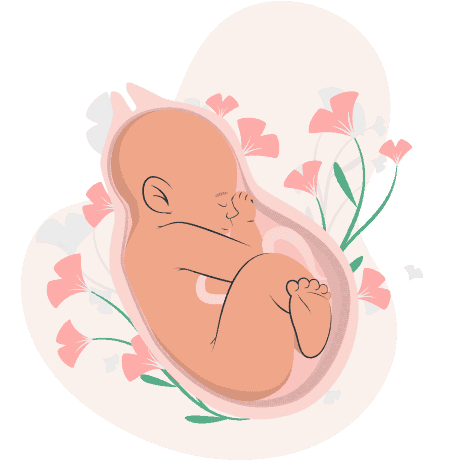Navigating Motherhood: Top Things New Moms Need to Know About Delivering a Baby
As you approach the magical and transformative moment of childbirth, a wave of questions might flood your mind. With the right information, support, and preparation, you can be empowered to face the adventure of childbirth. This article outlines the top things new moms need to know about delivering a baby.
Understanding Different Types of Delivery:
There are mainly three types of delivery - vaginal birth, cesarean section (C-section), and vaginal birth after a C-section (VBAC). Each has its pros and cons, and the best choice depends on the mother's and baby's health, the baby's position, the progress of labor, and personal preferences. It's best to discuss these options with your healthcare provider ahead of time to make an informed decision.
The Stages of Labor:
Labor is usually divided into three stages. The first stage involves early and active labor where your cervix dilates. The second stage is the actual delivery of your baby, and the third stage is the delivery of the placenta. Understanding each stage and its duration can help you better prepare for what to expect.
Pain Management Options:
Pain is an integral part of childbirth, but several techniques can help manage it. Epidurals, spinal blocks, and other forms of anesthesia are commonly used during labor. There are also non-pharmaceutical methods, like hydrotherapy, massages, acupuncture, and breathing exercises. Research each option and discuss them with your healthcare provider to decide the best approach for you.
Importance of a Birth Plan:
A birth plan is a document that lets your medical team know your preferences for things like pain management, delivery method, and baby care immediately after birth. While it’s important to have a plan, being open to changes is equally vital as not everything may go according to plan. Your health and your baby's health are the topmost priorities.
Postpartum Care:
Childbirth is just the beginning. What follows is a crucial period known as the postpartum phase, where you recover from childbirth and adjust to life with a newborn. This includes physical recovery, emotional adjustments, and baby care basics. Many new moms experience 'baby blues' or postpartum depression, so it’s crucial to have a support system in place and not hesitate to seek professional help if needed.
Breastfeeding Basics:
Breastfeeding is a natural process, but it doesn't always come naturally to every new mom. It might take a little while for both you and your baby to get the hang of it. Reach out to lactation consultants or breastfeeding support groups for help.
Partner's Role:
Childbirth is a journey that's significantly easier with support. A partner or birthing companion can play an active role, from helping in the labor process to providing emotional support, aiding in baby care, and more.
Expect the Unexpected:
Childbirth can be unpredictable. There might be last-minute changes to your birth plan, or your baby might arrive earlier than expected. Remember that it's okay if things don't go exactly as envisioned. The ultimate goal is the safe delivery of your baby and your good health.
Trust Your Body:
Finally, trust in your body's innate ability to birth. This can provide an immense amount of confidence and strength. Whether you choose a natural birth or a medically assisted one, your body is capable of amazing things.
Childbirth is a personal and unique experience. Gather as much knowledge as you can, make informed choices, but most importantly, trust yourself. You are about to embark on one of life's most incredible journeys. And remember, it's okay to ask for help when you need it.






